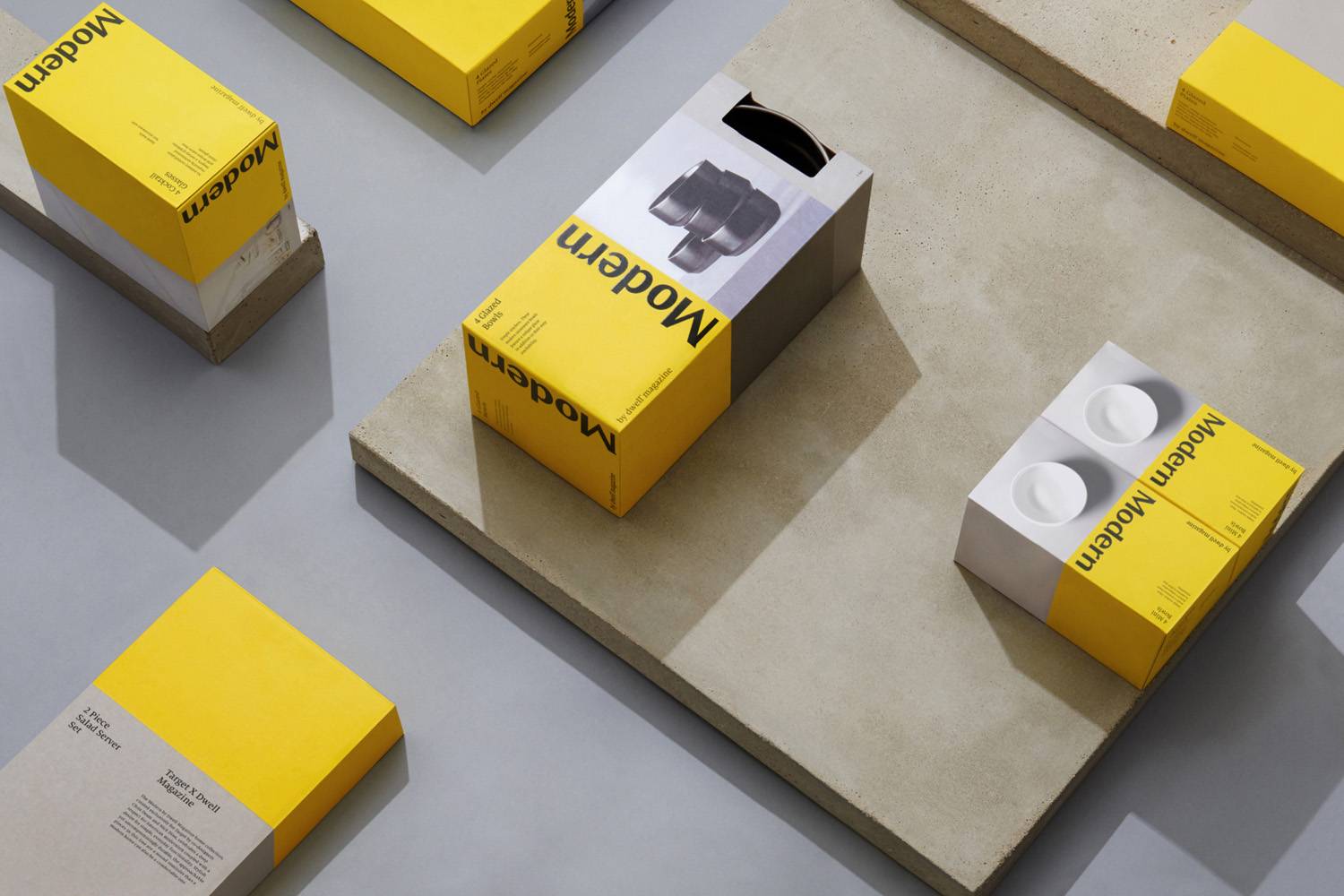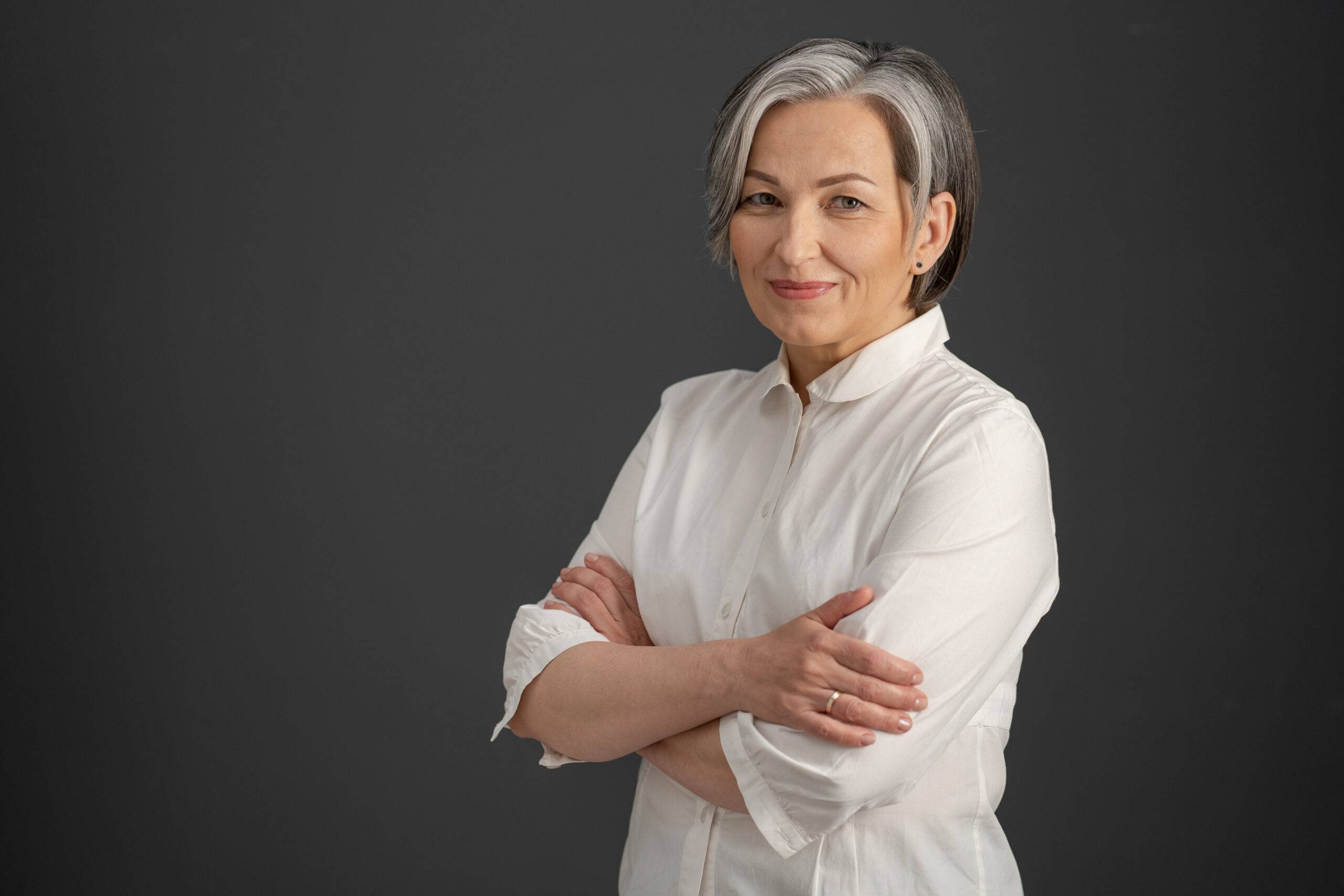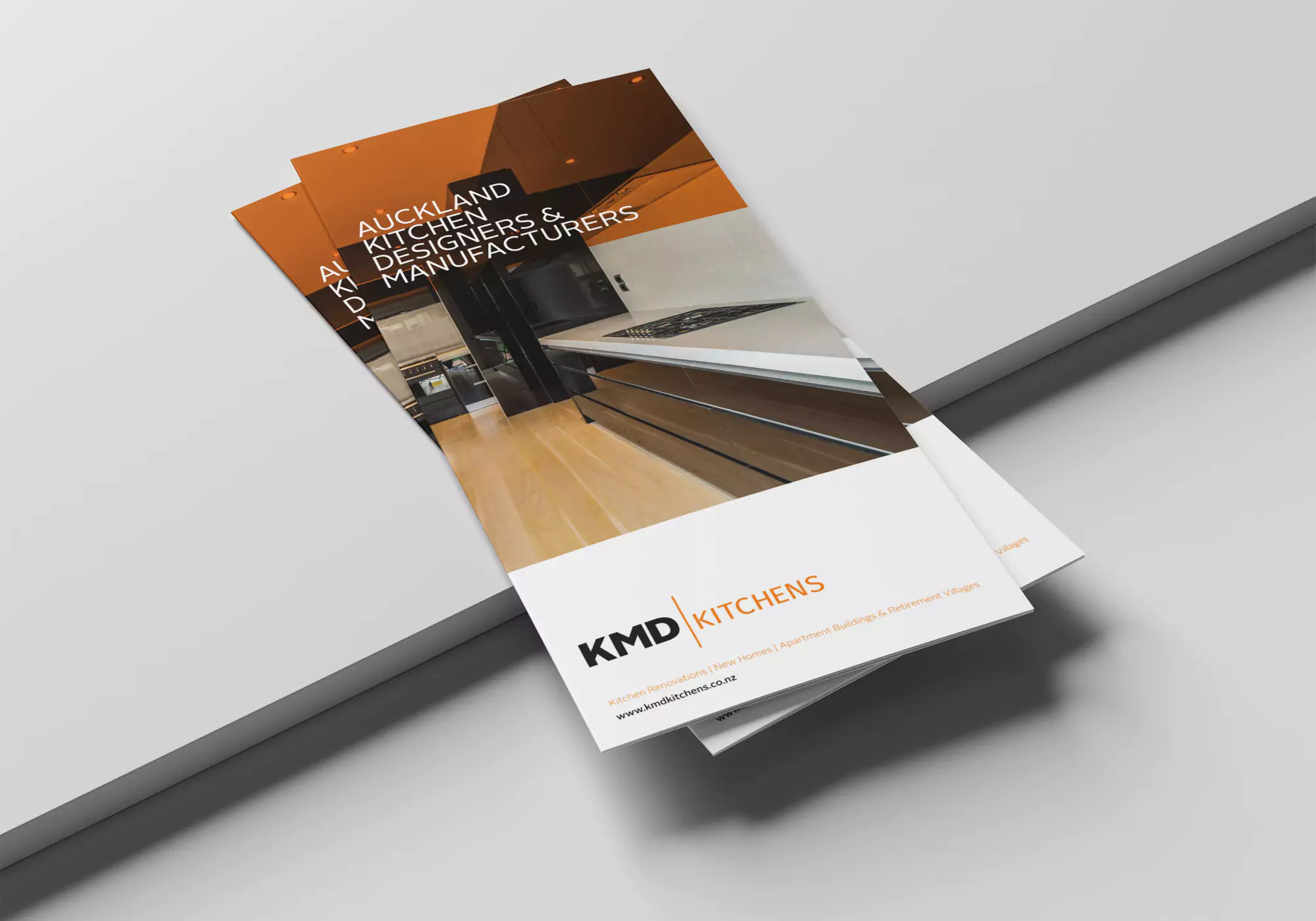Smith
& Co.
Smith & Co.
Smith & Co. has been involved in advertising and lead generation for more than 25 years.
This includes digital advertising, social media, and printed materials. Their extensive experience demonstrates an exceptional ability to connect businesses with their customers.
Smith and Co. concentrates on key sectors such as agribusiness and residential services. These areas require targeted strategies to effectively reach the right audience, and Smith & Co. has refined the skills necessary to achieve this.
When selecting an advertising partner, it is vital to choose a company that has established its reliability over time.
Smith & Co. possesses a deep understanding of business, having operated for as long as we have, and recognizes what it takes to not only survive but also excel in competitive markets.
Smith & Co. is a comprehensive advertising agency and can assist with web design, logo design, advertising, social media advertising, and Google advertising.

Smith & Co. A Brief History...
Smith & Co. owns the Cropa Platform, a tool meticulously designed to cater to the farming sector with a variety of marketing functionalities.
The Cropa platform is home to more than 50,000 subscribers who receive updates, advertisements, and industry-related news.
In its formative years, Smith & Co. was the proprietor of the My Tradesman website, which was the first platform in New Zealand dedicated to reviewing tradespeople, well before the advent of Facebook and Google reviews.
The website received coverage from One News, Breakfast, The Herald, Stuff, The National Business Review, and nearly every radio station across New Zealand.
Mytradesman attracted over 600 homeowners daily, facilitating connections with reputable businesses.
Unlike many advertising agencies that rely on theoretical approaches, Smith & Co. operates its own profitable ventures that require the right traffic at the right time to generate revenue.

Smith & Co. Your Website...
Our objective for your business is to generate consistent, predictable, and sustainable leads.
We begin with the fundamentals of establishing a website that ranks for your keywords in organic search results. The era when you could pay a designer a few thousand dollars and anticipate your website to deliver consistent leads is over.
The explanation for this is straightforward; it is simply that every business possesses a website and every business aspires to be on the first page of Google.
Smith and Co. has been operating in the web design industry for an extensive period and understands what is required to achieve a top ranking on Google’s first page.
Smith and Co. has a long-standing presence in the web design sector and is well aware of the necessary steps to secure a position on the first page of Google. With many years of experience in the web design field, Smith and Co. knows precisely what it takes to rank on the first page of Google.

Social Media Advertising - the actual reality...
While Social Media Advertising has its advantages, it is not universally beneficial for all businesses and can lead to an unending expenditure of funds.
The landscape of social media is saturated with advertisements, resulting in less than 3% of users interacting with these ads.
In reality, users do not turn to social media to find local businesses; instead, they typically revert to Google search when seeking a service.
Social media advertising can be effective if you reach the appropriate audience in the right location; however, this can be a costly endeavor and is most suitable for businesses offering products with high profit margins.
If someone is in search of a local plumber, they are unlikely to use Facebook for this purpose; they are more inclined to search on Google for ‘Plumber’ along with their specific location.
The senior demographic remains inclined towards print media; however, if not managed effectively, this can turn into a costly venture.
Smith & Co. creates business directories that adhere to the refrigerator to reach this audience – and they continue to yield excellent results today.

Our focus is on achievements - what yields positive results?
It’s really simple; you need to be found when people are looking for your type of business in your location.
Your website needs to be found for the services you provide and in the correct location, considering that a very small fraction of individuals navigate to the second page of Google.
Some studies indicate that only between 0.63% and 6.6% of users click on results from the second page.
If your business is absent from the first page of Google, where most people tend to search, it is effectively non-existent.
The majority of users remain on the first page, and if they do not locate what they seek, they generally adjust their search query rather than proceeding to a different page.
If you operate a trades or services business, the majority of people will probably examine your Facebook page within seconds of locating your business on the internet.
It is essential to ensure that your Facebook page is current and that the logo and banners accurately represent your brand.
You might want to think about pinning a Facebook post at the top of your page featuring an offer for new customers.
If you are targeting the retired market (which holds New Zealand’s highest disposable income), consider targeted print media.
Smith and Co. has a long-standing presence in the industry, and we recognize what is beneficial – we do not participate in the distribution of solutions that fail to perform.
